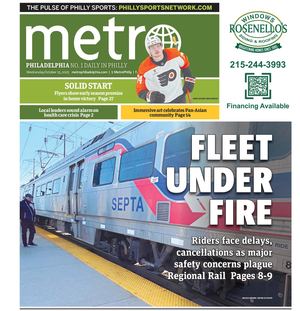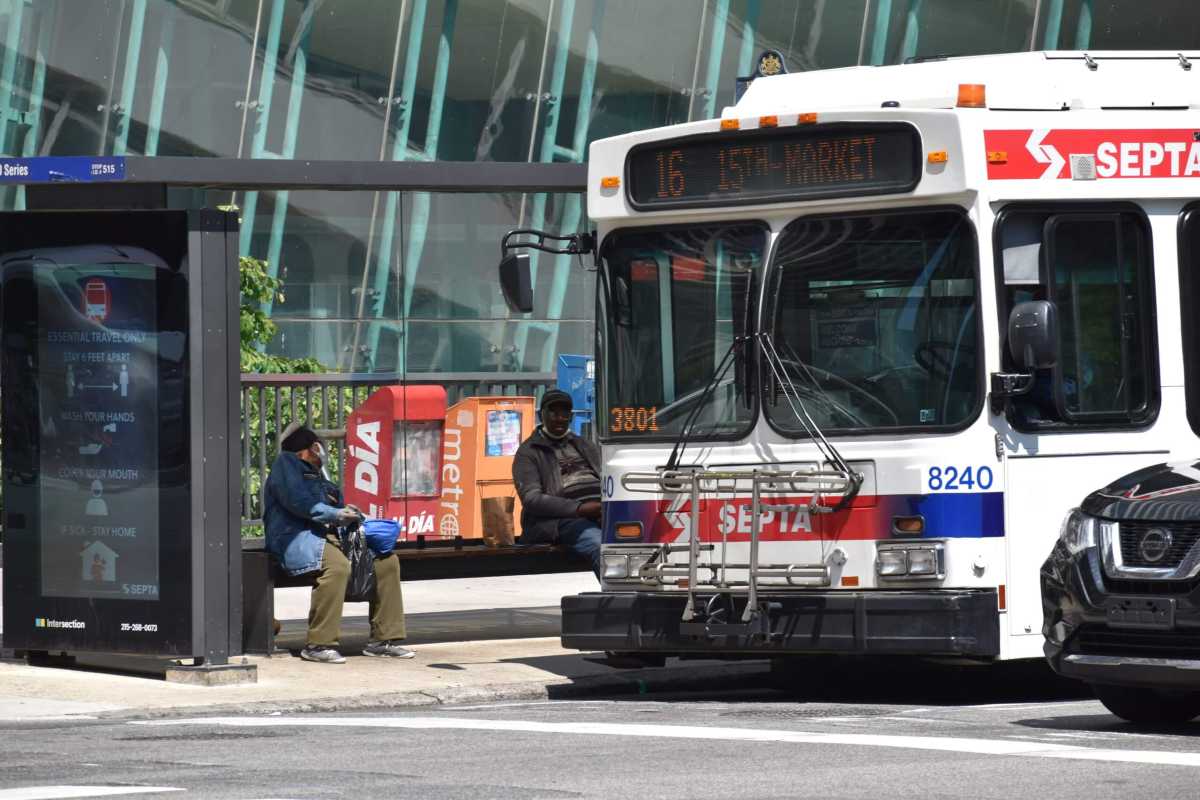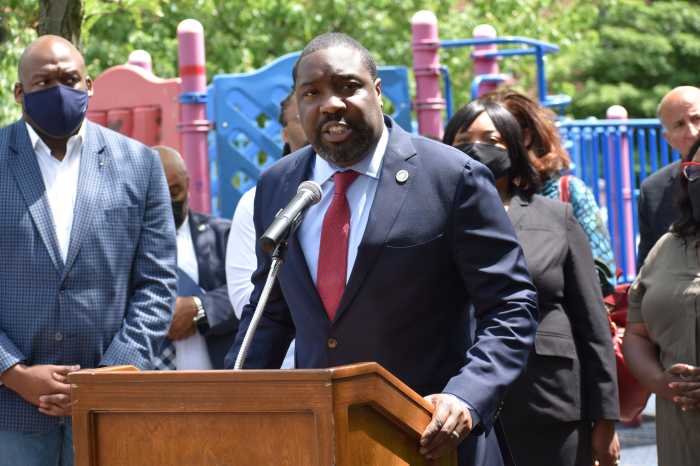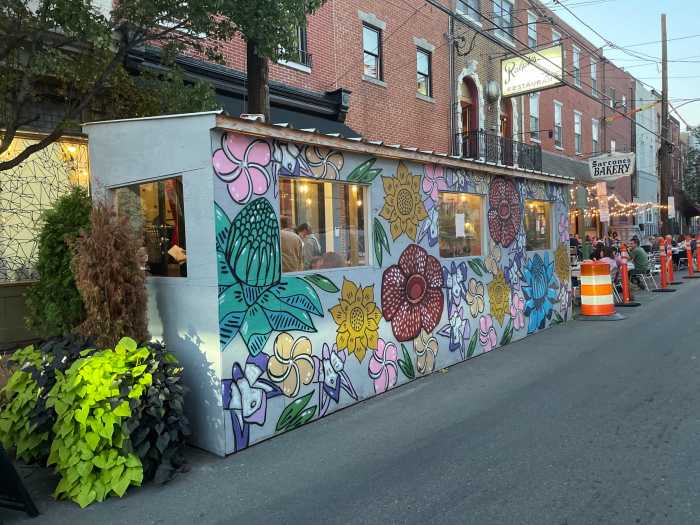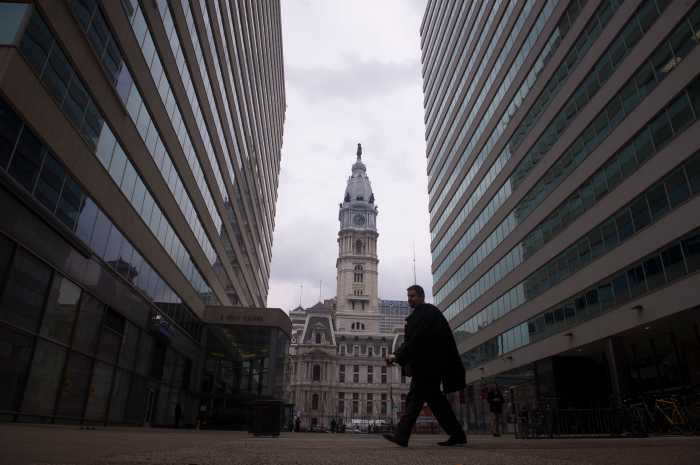Dozens of riders called in to a City Council hearing Monday to state their grievances about SEPTA’s plan to redesign the region’s bus network.
Residents, from Roxborough to South Philadelphia, pointed out concerns with particular routes during a five-hour virtual meeting and asked SEPTA leaders not to make changes.
But leaving the network as is could be catastrophic, forcing the public transit agency to make significant cuts when federal coronavirus relief money runs out in two years, SEPTA CEO and General Manager Leslie Richards told lawmakers.
The draft network unveiled in October as part of the Bus Revolution plan would be revenue-neutral, with no drop in service; however, SEPTA is hoping the alterations boost sagging bus ridership.
From 2013 to 2019, prior to the pandemic, the number of bus riders decreased by about 15%, while operating costs jumped 10%. If trends continue, SEPTA will be facing a budget deficit “in the hundreds of millions of dollars” when the federal funding ends, Richards said, adding that the current network has not been updated since the authority was formed in the 1960s.
“The current bus network is unsustainable,” she said. “We have one chance right now to reverse course and develop a bus network that works for the most people.”
In the October plan, a first draft, 26 bus routes were eliminated and 11 additional routes were marked as high frequency – running every 15 minutes or less between 6 a.m. and 9 p.m.
During Monday’s hearing, riders from Society Hill lamented the proposed removal of Route 12 and changes to Route 42.
David Haas, a member of the neighborhood’s civic association, said that 40% of the area’s residents are over the age of 55, and many have mobility limitations, making it difficult for them to get to the new bus stops.
Richards said that no specific changes have been finalized. SEPTA is using feedback from a series of 35 community meetings to produce a revised draft plan, expected to be released in March. The new route map that comes out of Bus Revolution will not go into effect until fall 2024, Richards said.
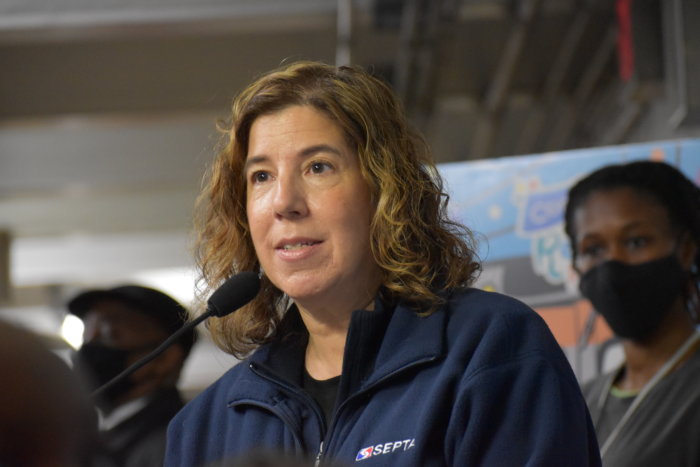
Councilmember Katherine Gilmore Richardson attended a Bus Revolution feedback session for the Wynnefield and Overbrook neighborhoods and told SEPTA officials she was “very disheartened” at the staff’s lack of diversity.
In addition, no chairs were set up, even though the meeting attracted a large number of older adults, she added. She said she hopes the authority takes cultural competency into account for future sessions.
SEPTA, following an outcry from Roxborough riders, altered the first draft, extending routes 9 and 27, which were initially set to terminate at 30th Street Station instead of continuing into Center City.
Even with the revisions, students traveling from the neighborhood to Roman Catholic High School, Masterman and other schools will still need to leave 20 to 30 minutes earlier than they do now, Roxborough parent Rebecca Poyourow said during the hearing.
Sam Howell, principal of W.B. Saul High School, a magnet in Roxborough, said no one from his school community was consulted as part of Bus Revolution.
“Our major concern is the lack of engagement of school officials and students in this process,” he told Council. “Just about every one of our students relies on public transportation to get to or from school.”
Dan Nemiroff, Bus Revolution’s project manager, admitted that planners did not adequately communicate how the redesign would affect students. He said his team has begun meeting with the School District of Philadelphia and intends to maintain special school service.
Public transit advocates used the meeting to take aim at Council, arguing that the city has a bigger role to play in ensuring the bus network’s success.
“Currently, Philadelphia provides one of the lowest local contributions for public transit, despite being among the top 10 cities in the United States in generated revenue,” said Nick Zuwiala-Rogers, of Transit Forward Philadelphia.
Zuwiala-Rogers and others pointed out that Council and the mayor’s office could build additional bus shelters, bus-only lanes and priority traffic signals and boost traffic and parking enforcement to prevent driver behavior that slows bus travel times.
“It’s disingenuous to come forward to challenge a project that has been in the works for years,” said Cameron Adamez, a member of the urbanist group 5th Square.
Councilmember Kenyatta Johnson late last year introduced a resolution to hold the hearing after his colleague, Curtis Jones Jr., penned a letter to Richards asking SEPTA to scrap the redesign.
“This is not about pro or con SEPTA Bus Revolution plan, but mostly it’s about making sure we’re informed that SEPTA’s taking into consideration the issues and concerns residents have here in the city of Philadelphia,” Johnson said at the start of the hearing.
